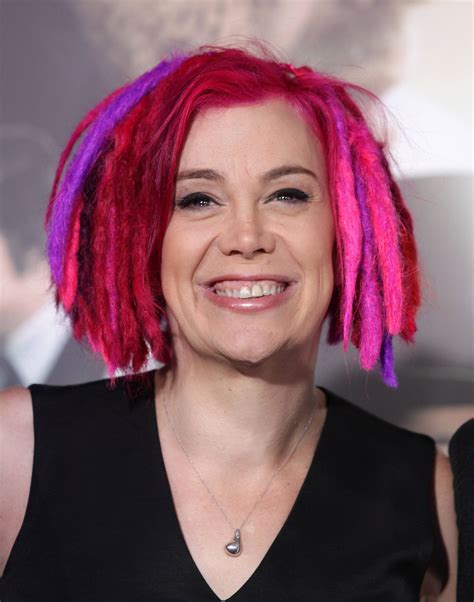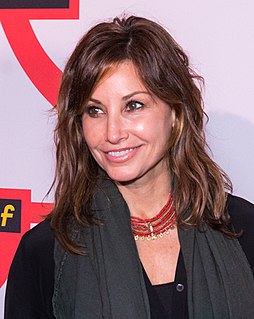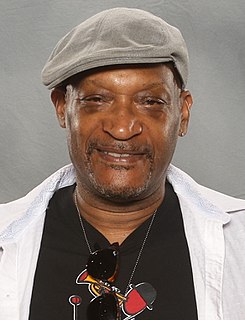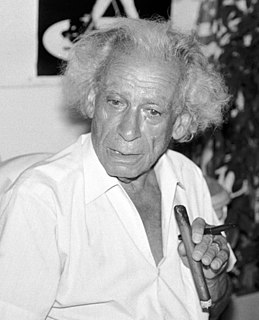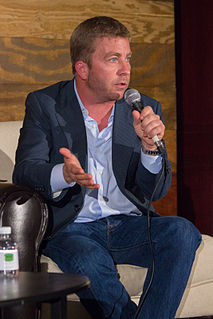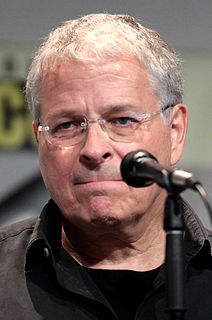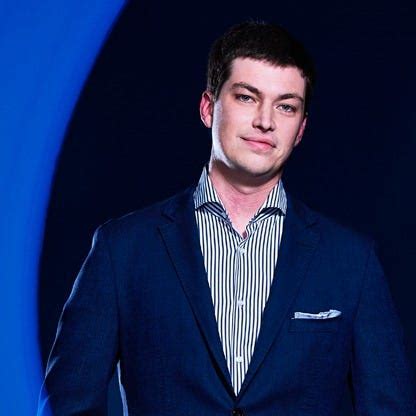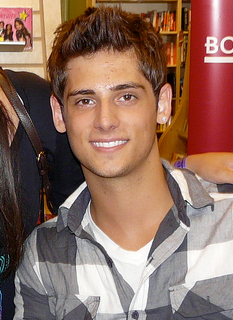A Quote by Lana Wachowski
Billy Wilder is really is a heavy influence on Bound. We felt that film noir was a genre where you could create a really contained story. We wanted to be on a set as much as we could to get the kind of style level we were looking for.
Related Quotes
We were looking for someone who could get the film [Filth] made at that kind of level, with the finance we wanted, and we spoke to a lot of people. When I met James [McAvoy] in the Soho Hotel with Jon Baird, the director, he looked about ten years old. I thought there's no way he's going to be a forty-year-old divorced alcoholic cop. I thought, really lovely guy, I'll let him and John talk and see if they get on.
When I was making these damned pictures, I never knew about film noir. If you had asked me about it then, I probably would have pointed to something like Bill Wellman's The Ox Bow Incident, the best Western I ever saw and very much in the style of film noir I don't care if it's a mystery story, a Western, or the story of Julius Caesar. To me it's the emotion, the lies, the double-cross that defines what kind of drama it is.
When I first heard 'A Christmas Story, the musical,' I thought, Oh, that could be really good. It just felt like it fit. Some films lend themselves well to other formats, some don't, but there are so many fantasy sequences in the film, and Ralphie's such a dreamer as a character, I thought they could really lend themselves to being set pieces.
I knew what I wanted to do when I set out. I knew that I wanted to write a book that told the story, obviously. I wanted it be comedy first, because I felt like there already had been childhood druggy stories that were very serious, and I felt that the unique thing here was that I was a comic and I could tell the story with some levity, and I have been laughing at these stories my whole life.
I knew I wanted to be an actor, and I didn't necessarily need or want to be famous or a celebrity actor. But I wanted to be somewhere where there would be no ceiling on what I could accomplish, and I felt like if I stayed in St. Louis I might have a really great regional theater career or something, but that I wasn't going to be able to get much further than that. And it felt like New York and L.A. were the two places where you could end up being a TV star or you could end up doing regional theater, which would have been fine as well.
To me, the most interesting approach to film noir is subjective. The genre is really all about not knowing what's going on around you, and that fear of the unknown. The only way to do that effectively is to really get into the maze, rather than look at the maze from above, so that's where I sort of come at it.
[Directing first film:] I was terrified, it was really very scary because there is a lot of responsibility. I think I was terrified because I wanted it to work so much. A lot of actors direct movies but I thought the stakes were kind of higher for me because I really, really cared. [...] I just worked as hard as I possibly could on every single thing, every single day. I said that if this failed it would not be because I didn't work as hard as I possibly could...every day.
